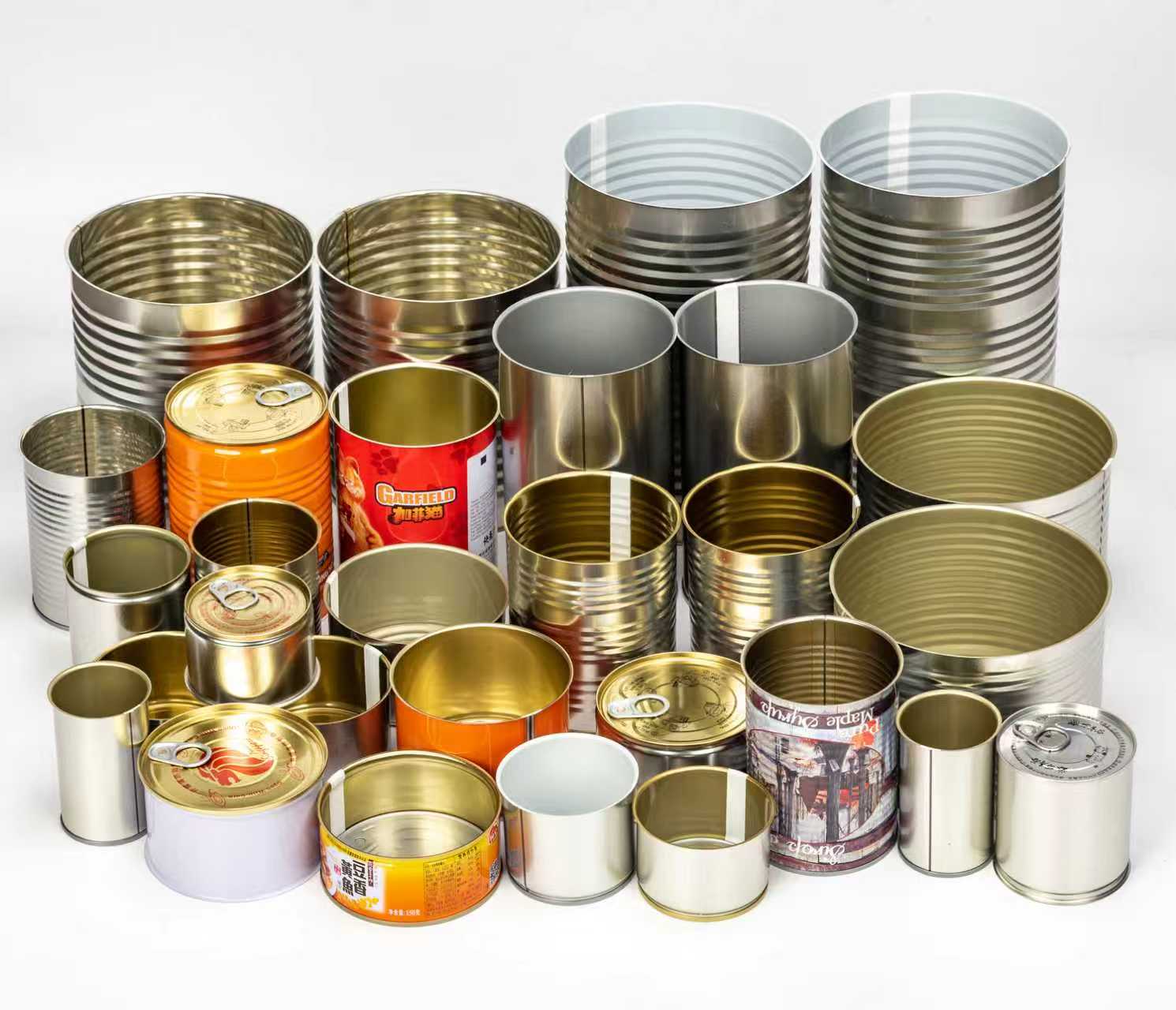Welding Quality Indicators for Can Manufacturing
Welding quality is critical to the safety, durability, and compliance of containers, including food cans, chemical cans, and other cans. Substandard welding may lead to leakage of contents (potentially causing contamination in food cans or loss of media in pipelines), premature damage during use or transport, and violations of relevant industry safety and packaging standards. Below are three core, non-negotiable metrics that global manufacturers must adhere to. These metrics represent the fundamental threshold for ensuring welds meet the stringent requirements of all container types—whether thin-walled food cans or industrial cans.
1. Weld Strength
It is essential to ensure compatibility between the weld and the can body material (tinplate/galvanized iron) to effectively withstand internal pressure after filling and external impacts during transportation. This prevents stress concentration at the weld due to material incompatibility.
Industry standards explicitly require: the tensile strength of the weld seam must be ≥ 80% of the base material strength of the can body. This metric directly ensures that during the normal service life of the can, even when subjected to extreme pressure or impact, no weld seam cracking or leakage of contents will occur. It simultaneously safeguards the overall structural stability and safety of the can body, making it particularly suitable for products demanding high sealing integrity and strength, such as thin-walled food cans and household chemical containers.
2. Weld Sealing
Zero leakage is a mandatory requirement. This standard fundamentally prevents spoilage and decay in food cans caused by seal failure, while also preventing chemical leaks in containers for industrial and household chemicals. This avoids safety incidents and environmental pollution risks, serving as the core baseline for ensuring container safety and the quality of contents.
Verification can be conducted through two methods to ensure precise and reliable results:
Pressure Testing: Introduce compressed air at 0.3–0.5 MPa into the container. Within the specified testing duration (typically 30 seconds to 2 minutes), the pressure gauge reading must remain stable with no pressure drop. Any pressure decay indicates micro-leaks or gaps in the weld seam.
Water Immersion Test: Fully submergethe tank's weld in water and observe the weld area for bubble formation. Absence of bubbles indicates satisfactory sealing performance. Continuous or intermittent bubbles signify leakage points, requiring reinspection and repair of the weld.
3. Weld Appearance
No defects such as burrs, weld spatter, burn-through, or cold solder joint shall be present at weld joints. These defects compromise the structural integrity of the container: burrs may tear packaging film; weld spatter causes irregular stacking; burn-through directly leads to leakage; and cold welds reduce overall strength. Such defects may also cold solder joint safety issues during subsequent processing or use.

Changtai Intelligent provides can body seam welding machines, which can easily produce perfect cans.Changtai Intelligent Equipment is an automatic can equipment manufacturer and exporter, offering all solutions for tin can making. To get prices for three-piece can making machines, choose quality can making machines at Changtai Intelligent.
Chengdu Changtai Intelligent Equipment Co., Ltd.- A automatic can equipment Manufacturer and Exporter, provides all the solutions for Tin can making. To know the latest news of metal packing industry, Find new tin can making production line, and get the prices about Machine For Can Making,Choose Quality Can Making Machine At Changtai.
Contact us for details of machinery:
Tel:+86 138 0801 1206
Whatsapp:+86 138 0801 1206 +86 18943602128
Email:llz@changtaizn.cn cdctzg@changtaizn.cn
Post time: Oct-22-2025




